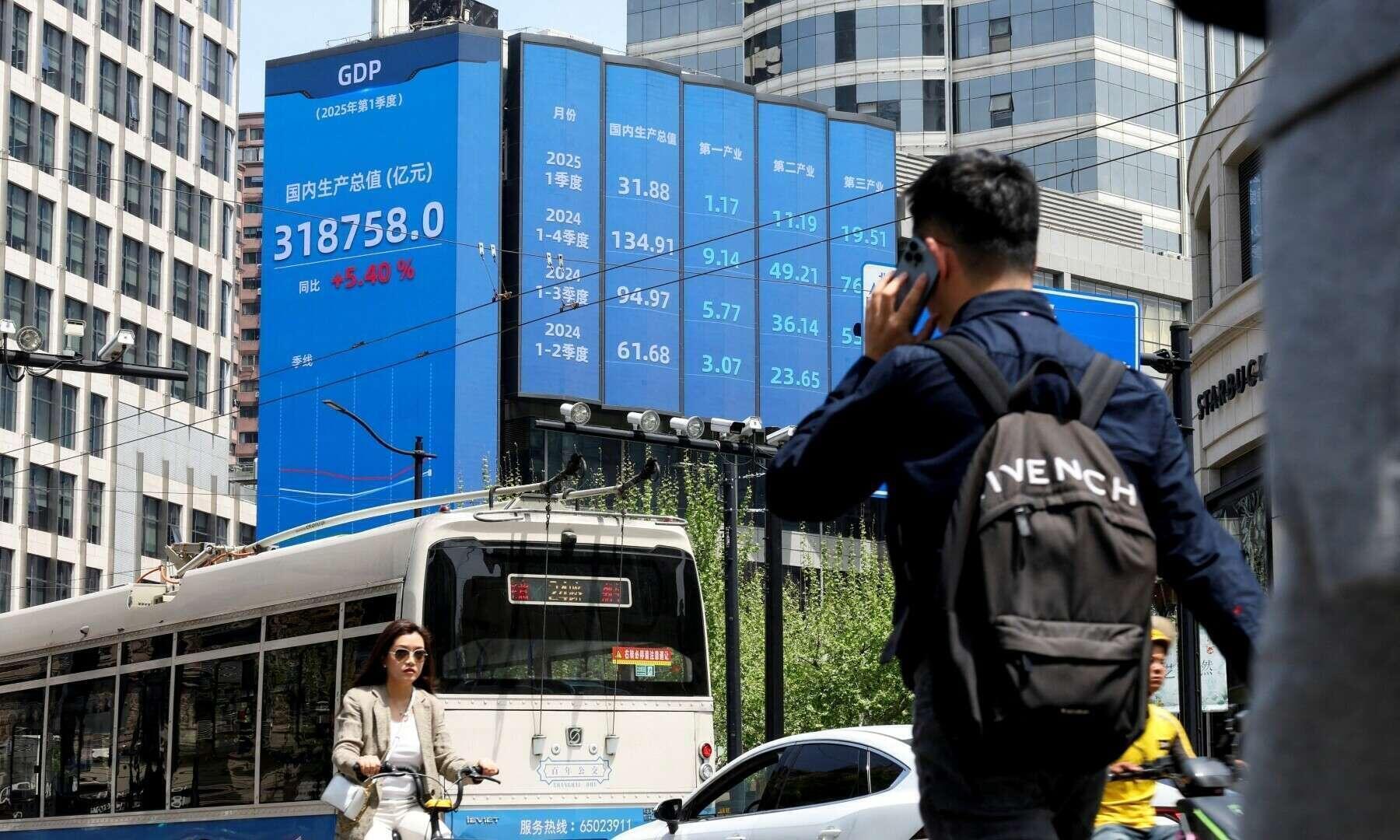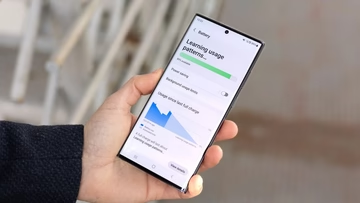
|
Getting your Trinity Audio player ready...
|
The United States government has announced that China may now face tariffs as steep as 245% on certain goods, following Beijing’s retaliatory trade policies. A statement released by the White House late Tuesday detailed these developments, attributing the move to escalating economic pushback from China.
The newly issued executive order initiates a national security review of critical resource imports, while also elaborating on the reciprocal tariff actions previously declared on April 2.
“China is now subject to tariffs reaching up to 245% due to its retaliatory behavior,” stated the White House.
President Trump’s administration emphasized that its trade strategy, launched on his first day in office under the “America First” economic framework, has attracted over 75 countries interested in revisiting trade agreements with the U.S. However, the administration noted that while discussions with most countries have led to a temporary suspension of heightened tariffs, China remains an exception because of its countermeasures.
According to the White House, China recently restricted the export of essential materials like gallium, germanium, antimony, and other high-tech resources that have potential military applications. Just this past week, it added six heavy rare earth metals and rare earth magnets to its list of prohibited exports. These materials are vital to industries ranging from automotive and aerospace to semiconductors and defence.
Although the exact rate of the imposed tariff wasn’t definitively outlined, it is expected to reach as high as 245% for Chinese imports.
Last Friday, China raised tariffs on U.S. goods to 125%, in direct response to Trump’s earlier action of elevating tariffs to 145% on Chinese exports. In contrast, tariffs targeting other nations were temporarily suspended for 90 days.
China issued a strong rebuke to the U.S. administration, urging Washington to abandon what it termed as “coercive and threatening tactics.” Foreign ministry spokesperson Lin Jian called on the U.S. to engage in “fair and respectful” negotiations rather than exert undue pressure.
“China doesn’t seek conflict, but it will not back down from defending its interests,” Lin said, reiterating that trade wars have no true victors.
President Trump, in a separate message read by Press Secretary Karoline Leavitt, indicated that the burden is on Beijing to come forward with a deal. “The choice is China’s. They need to come to the table — we don’t need to settle if it doesn’t benefit America,” he emphasized.
In recent months, Trump has increased tariffs on various Chinese products, including an initial 20% hike related to China’s alleged involvement in fentanyl trafficking. This was followed by an additional 125% over what Washington deemed unfair trade practices. Some exemptions were made for specific tech items such as smartphones and laptops, which were temporarily spared from the latest round of tariffs.
Economic experts have warned that such escalating tensions could push the global economy toward a downturn. Moody’s Analytics’ Heron Lim predicted that the April escalation will likely impact China’s economic figures in the next quarter, despite the country’s stronger-than-expected 5.4% growth in Q1 — driven by exporters racing to ship goods before the tariffs took effect.
In other diplomatic efforts, Japan’s trade representative Ryosei Akazawa expressed hope for a mutually beneficial outcome during his scheduled talks with U.S. Treasury Secretary Scott Bessent. Meanwhile, South Korean Finance Minister Choi Sang-mok said he will meet with Bessent next week, aiming to delay or reduce the reciprocal tariffs’ effects on Korean businesses operating globally.
Technology sectors in Asia were also affected, with chip manufacturers seeing stock declines after Nvidia revealed a projected $5.5 billion revenue loss tied to a new U.S. licensing restriction on chips destined for China. In response, Trump also directed an investigation that could lead to new tariffs on critical minerals, rare-earth elements, and electronics such as smartphones.
Sudden Change in China’s Trade Negotiation Team
In a surprise development, China replaced its lead trade negotiator, Wang Shouwen, with WTO ambassador Li Chenggang — a move perceived as a strategic reshuffle amid intensifying trade friction with the U.S.
The Ministry of Human Resources and Social Security confirmed the replacement, though it didn’t offer any specific reason. Wang, known for his assertive negotiation style, had a longstanding reputation as a formidable player in U.S.-China trade dialogues.
Li, aged 58, brings with him a history of policy work in trade law and international treaties, as well as academic credentials from Peking University and Hamburg University. Analysts speculate that Beijing may see Li as someone capable of breaking the deadlock and paving the way for productive negotiations.
According to the National University of Singapore’s Alfred Wu, Li’s appointment appears to be a standard promotion — although happening during a particularly volatile period in U.S.-China relations.
Adding intrigue, Li was recently seen at a private enterprise forum representing the commerce ministry, hinting at his evolving role even before the official announcement.
Meanwhile, Chinese Commerce Minister Wang Wentao accompanied President Xi Jinping on his Southeast Asia visit, aiming to fortify regional economic alliances with Vietnam, Malaysia, and Cambodia in the wake of U.S. hostilities.
FAQs
1. Why has the U.S. imposed such high tariffs on China?
The U.S. cited national security concerns and retaliatory trade practices by China, including export bans on key tech-related materials, as primary reasons for increasing tariffs.
2. What goods are being affected by these tariffs?
Chinese goods potentially facing up to 245% tariffs include high-tech components, rare earth elements, and other products critical to defence, tech, and manufacturing industries.
3. Is there a chance the two countries will negotiate soon?
While the U.S. has signalled readiness for talks, it insists that China must first take the initiative to de-escalate tensions.
4. How are other countries reacting to this trade war?
Countries like Japan and South Korea are actively engaging with U.S. officials to delay or minimize the impact of reciprocal tariffs on their industries.
5. Who is China’s new trade negotiator and why was he appointed?
Li Chenggang, a WTO envoy and former assistant commerce minister, has replaced Wang Shouwen. Analysts believe his appointment is intended to inject fresh momentum into stalled negotiations with the U.S.






